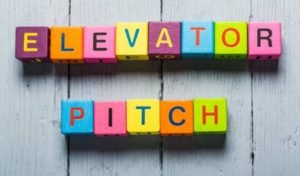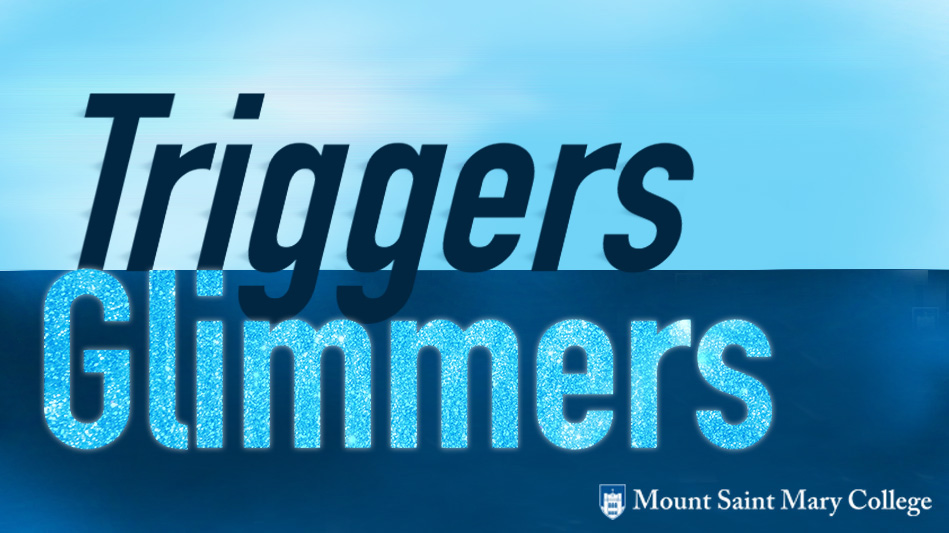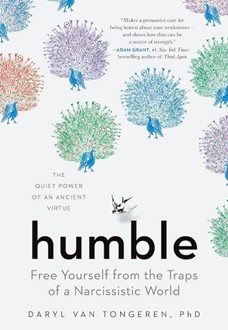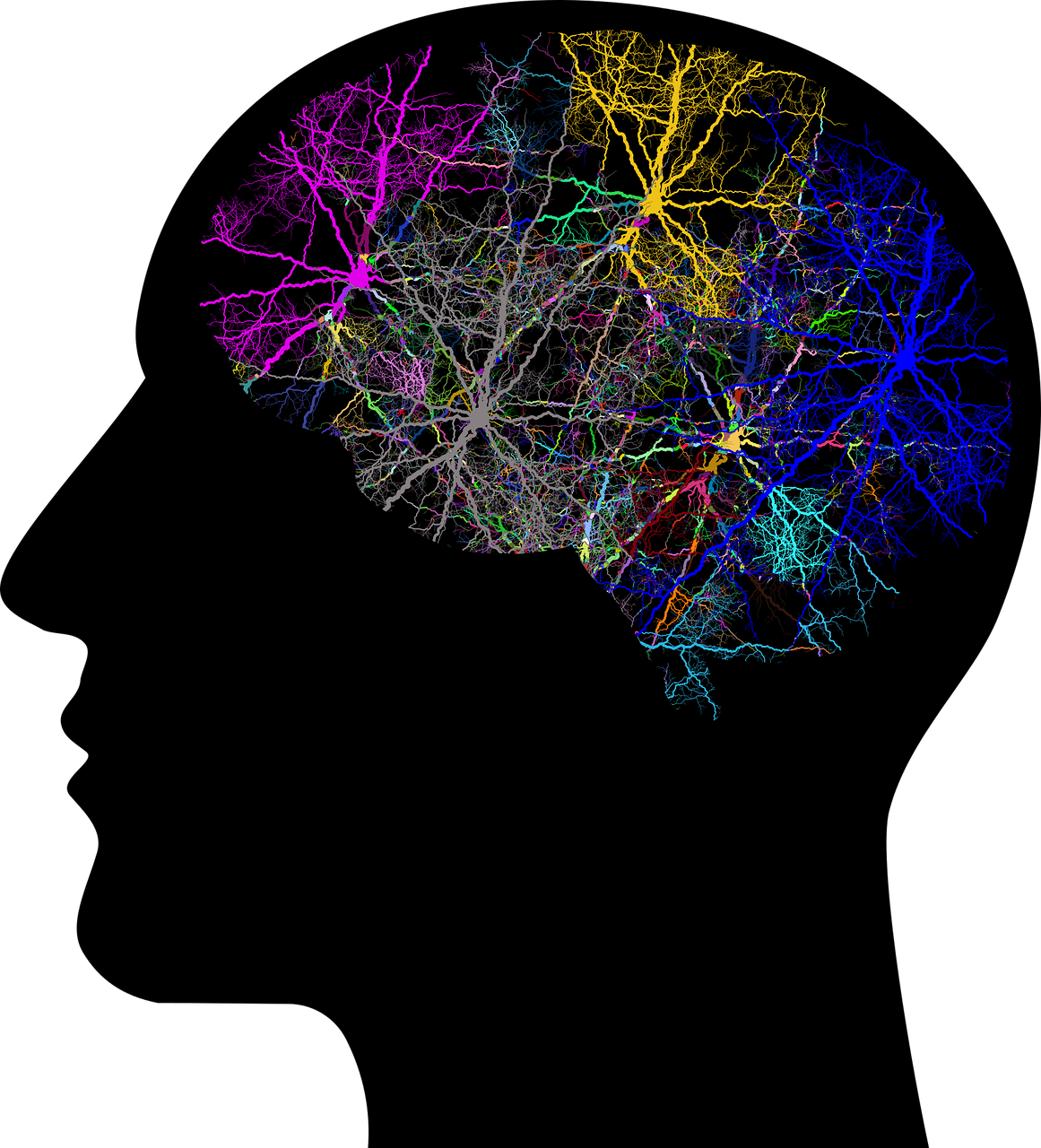By Mary L. Hebert, PhD; Campus Director, The Regional Center for Learning Disabilities; Fairleigh Dickinson University
I have submitted earlier posts (Part 1; Part 2) that have addressed the transition for high school seniors with a learning disability (LD). I’d like to further propose two concepts from the counselor corner of my work with students with learning disabilities and executive function challenges as they navigate their new college learning environment: an elevator pitch and the two O’s.

Points of transition, whether perceived as positive or negative, are typically experienced as stressors just by design of being human. Transitions are potentially more stressful for students who have spent a learning career managing an LD. Anticipatory responses to a transition can include anxiety and concerns about navigating the pace and content of a new academic environment. For a student with an LD, this can feel not just like a change of pace, but rather a frenzied experience without proper preparation.
Metacognition offers an outstanding framework for preparing for this new learning environment. Self-reflection and intrapersonal awareness as far as how the LD has impacted one socially, cognitively and emotionally is an excellent endeavor in order to prepare for the requisite independence of mind and action to tackle the adjustment ahead in college.
Students who have had a documented LD during their k-12 years experience concerns developmentally typical of all new college students:
- Will I succeed in this new environment?
- Will I make new friends?
- How will I manage on my own?
Students with LD, however, sometimes may experience more significant concerns as a result of their prior educational experiences. As these high school seniors transition, they will need to prepare for a new learning environment, one where they are starting everything anew and independently. They will not have the familiar support and structure of a case manager, parents, clearly demarcated schedule encompassing their entire day, or other familiar assistive supports that helped them navigate the terrain of their high school educational experience.
In this post I will focus on two concepts that I have utilized during my time as a counselor for college students with LD. Both of these are transition “tools of mind” that provide a metacognitive orientation to adjustment to college life. The first is the importance of having an Elevator Pitch at the ready upon entry to college. The second is the awareness and reflection on The Two O’s: opportunities and obstacles. As stated in my prior posts, my mission is to support students by helping them prepare, which will ease transition stress and increase readiness. Preparation prevents perspiration!
The Elevator Pitch
We have all heard this expression as it relates to the opportunities in business and ‘selling oneself’ for a position when one does not have much time to pitch their fit for a job. In the case of a student with LD, they will need to be able to independently articulate their needs to relevant others in the college setting. For students with LD it may be challenging to speak in an impromptu fashion with individuals they do not know well. A prepared elevator pitch will help them in such situations.
The elevator pitch becomes particularly important when a student will need to advocate on their own behalf. Self – advocacy skills are significantly associated with success in the college setting. Having a parsimonious, prepared statement of one’s needs at the ready can be advantageous for the student with a LD entering a new learning environment and adjusting to more independent self-advocacy.
An accurate self- assessment or metacognitive reflection of one’s strengths, skills sets and challenges is essential for academic as well as future career selection. Often times, students who have moved through their education with an LD have had to focus significantly on tackling skills sets such as reading, writing, math and other core academic skills. This focus can take away from time spent considering their goals and strengths, which should be the foundation for self-advocacy. Solid self-advocacy improves the likelihood for a gratifying personal and career experience (Palmer and Roessler, 2000).
I suggest that students be proactive and prepare a metacognitive reflection of their LD, characteristics of its impact on their academics, and what they know to be helpful in their educational environment. It is also key for them to become knowledgeable about college-level accommodations and the rights they will have in college to seek out services for their learning needs. It is advantageous to apply metacognition in a way that will foster an opportunity to reflect and prepare a succinct, effective pitch that achieves key goals as they adjust to their new learning environment. These key goals include:
- Self Advocacy
- Self Awareness
- Self Efficacy
I like to think of these three goals as the ultimate selfies! The ability to convey their learning needs and goals to their disability coordinator, a professor, a tutor or another professional in their college environment will be essential to have at the ready. Doing so will decrease stress and increase the ultimate selfies.
Obstacles and Opportunities (the two O’s)
There will be both opportunities and obstacles. Simply and plainly, there is no escaping either for ANY student. Preparing in a metacognitive manner about both these types of eventual experiences will benefit any student but particularly a student with a history of LD. Provide metacognitive reflection prompts by asking these or similar questions of your student:
- What have been some successes in your educational career thus far?
- What have you learned from these? How have they helped you move ahead in regard to the ultimate selfies?
- What have been some obstacles in your educational career thus far?
- What have you gained from these challenges? How have they advanced your movement toward your educational goals?
This metacognitive reflection provides the bedrock for continued reflection at the college level. From the counselor’s chair it is a continued dialogue of self-discovery as the student ultimately encounters and reflects on opportunities and obstacles. The reflection prompts also provide a vocabulary to frame experiences that feel elusive (the opportunities) as well as the stressors (the obstacles), and these prompts promote turning the latter into openings for growth. And yes, they contribute to the ultimate selfies.
In conclusion, my wish is that the summer brings forth much needed time for students to relax, and have fun. But, importantly, the summer is also the ideal time to reflect on the path traveled thus far and prepare for the future. Metacognition offers an effective tool to apply to past educational endeavors, pave the way for the next educational transition, and create a foundation for success.
Palmer, C. and Richard T. Roessler (2000). Requesting Classroom Accommodations: Self Advocacy and Conflict Resolution Training for College Students with Disabilities. Journal of Rehabilitation. 66 (3): 38-43




